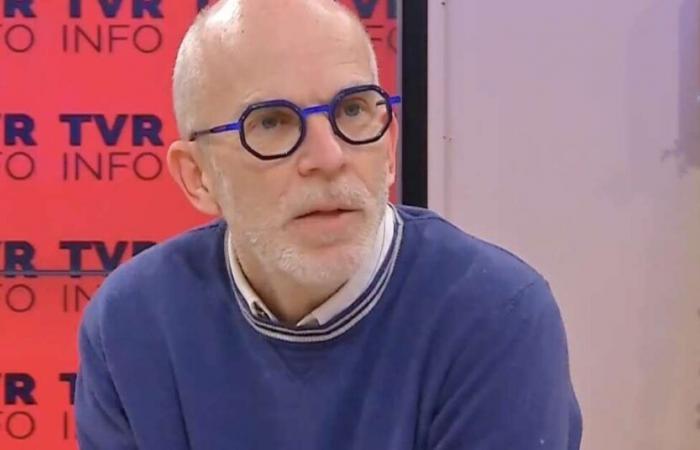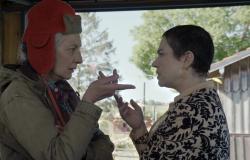Professor Vincent Morel is not a doctor like the others. Head of the Palliative Care Service and Chairman of the Rennes CHU Ethics Committee, he embodies a figure of authority in the end of life debate. Behind the white coat, man thinks. And doubt. In his book Faced with the end of life (Presses Universitaires de Rennes), he offers a deep conviction on this ultimate moment of existence that medicine can neither cure nor dodge. “It was necessary to mobilize not beliefs and certainties, but doubt and reflection, allowing to hear the arguments that are not ours,” he insists.
This doubt, in the Cartesian way, becomes here an engine of lucidity. It is no longer a question of judging, but of listening everyone and everyone. Faced with the complexity of human situations, Vincent Morel calls for measurement and humility. He traces the history of palliative care, born in 1973 as a response to a sometimes lonely and brutal medicine, when some doctors administered, in the secret of the rooms, a lethal cocktail to put an end to the suffering. He evokes the cases which moved France – Vincent Humbert, quadriplegic, silent, blind – and put the question of euthanasia on the public scene.
But for him, these debates are not just a duel between “for” and “against”. “Our reflections on the need or not to open the way of euthanasia or assistance to suicide reflect the way we think of death, our death,” he wrote. On several occasions, the doctor gives way to the philosopher. “Palliative care becomes a diagnosis that condemns the patient to stay by the Styx. This image, borrowed from Greek mythology, says everything of vertigo: medicine can relieve, accompany, but it cannot cross the river of death for us.
In this gray area that no law can completely frame, arise the words of the patients. “Doctor, I don’t want to suffer anymore, even if my death can be faster,” says one of them. These words, simple, overwhelming, remind us that suffering questions our dignity. Throughout his work, Vincent Morel keeps a balanced position, without dogma. Neither universal access to palliative care nor the decriminalization of euthanasia can claim to respond to all situations. There will always be unspeakable distress, cases that escape any standard.
Since Antiquity, men have been trying to tame finitude. Montaigne wrote: “Philosophizing is learning to die. Today, we ask medicine – then the law – to respond to this anxiety. But neither can everything. They trace frames, of course, but the main thing remains in the shadows. Between the words of the living and the silence of the dying. To complete the whole, the interview with Vincent Morel, on TV Rennes.






